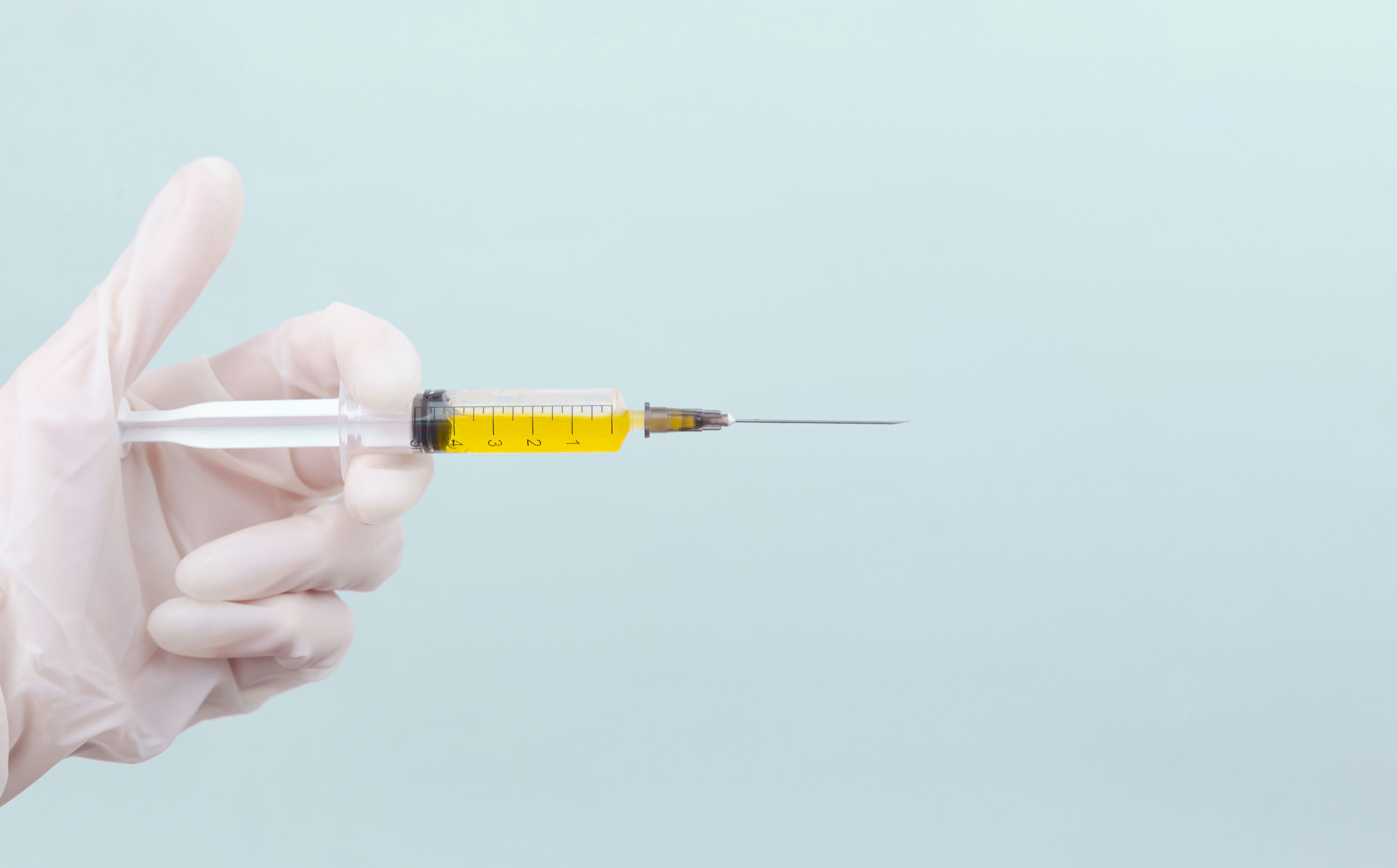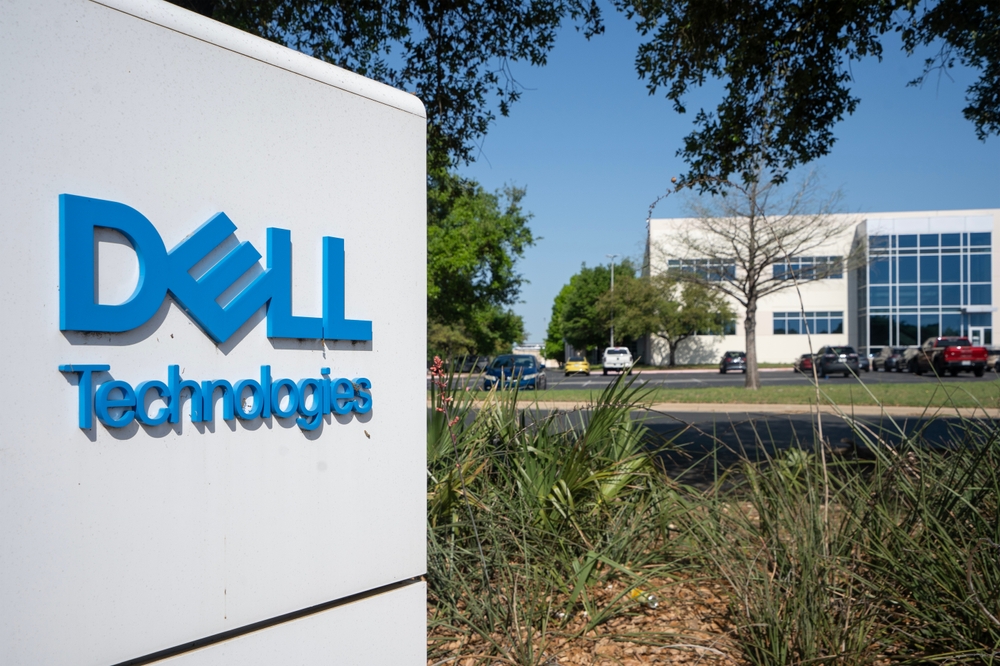Financial Results Disappoint
Despite an increase in revenue, Novavax, primarily known for its COVID-19 vaccine, is grappling with significant challenges. For Q2 2024, the company reported revenues of $415.5 million, slightly below analysts' expectations, which were set at an average of $458.6 million, according to the LSEG (London Stock Exchange Group). Its earnings per share also fell short of estimates, reaching $0.99 compared to the forecasted $1.64. * These results come at a time when the company has lowered its revenue forecast for the full year 2024 from an original range of $970 million to $1.17 billion to a new range of $700 to $800 million. More modest outlook is attributed to an anticipated decline in COVID-19 vaccine sales. Additionally, the company has reduced its 2024 product sales forecast from the initially expected $400-600 million to $275-375 million. [1]
Sanofi to take over COVID-19 Vaccine
In an effort to counter financial challenges, Novavax has entered into an agreement with French drugmaker Sanofi whereby the manufacturer will take primary commercial responsibility for coronavirus vaccine developed by Novavax. From January 2025, Sanofi will be responsible for markets in Europe, the US and other major regions. The collaboration with Sanofi is viewed as a key driver of future value, enabling Novavax to streamline its operations and concentrate on innovation and new opportunities. The business agreement signed in May has already provided a $1.2 billion financial boost and alleviated concerns about potential liquidity issues. The total amount includes a $500 million upfront payment and a $70 million equity investment. Subsequent revenues of $700 million are expected to come from other vaccine commercialization and development, contingent on meeting the priorities of the agreement. Analysts, however, still point to an uncertain future for the company, particularly given the uncertain demand for its products in the coming months. [2]
Stock Remains Volatile
Following the announcement of its financial results, Novavax’s stock price initially fell but then recovered to above $11. The stock has gained 130% this year, buoyed by the May agreement with Sanofi. Novavax's stock growth has significantly outpaced the performance of the Nasdaq Biotechnology Index, which tracks pharmaceutical, and biotechnology companies listed on Nasdaq. Nevertheless, some analysts have downgraded Novavax’s stock to "sell" or "hold." According to investment bank JPMorgan, which lowered its rating from "Neutral" to "Underweight," while the agreement with Sanofi is a positive step, it may not generate the revenue the company anticipates, as demand for COVID-19 and flu vaccines is declining. It is worth noting that this rating was issued a few days before the release of the financial results.
 English
English
 Slovak
Slovak
 Czech
Czech
 Hungarian
Hungarian
 Italian
Italian
 Polish
Polish





